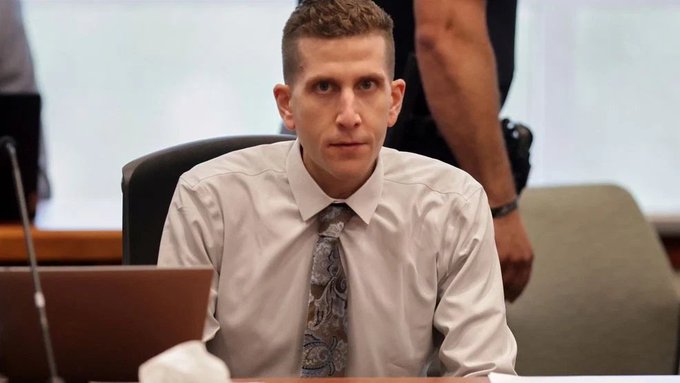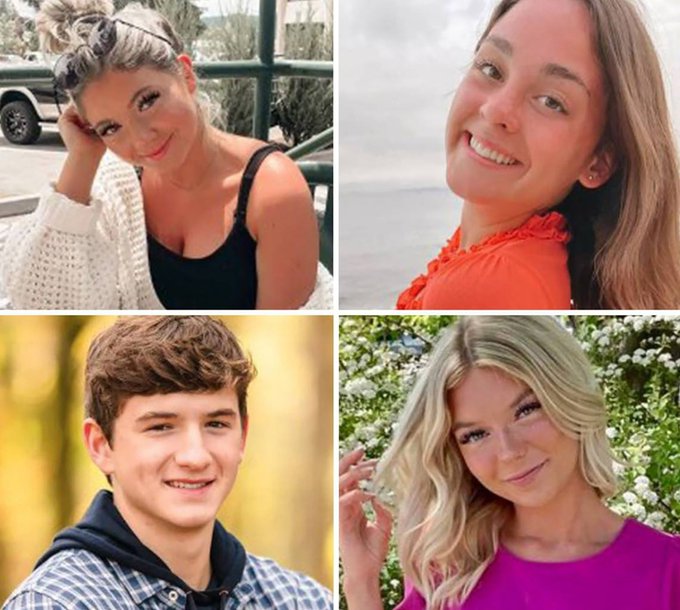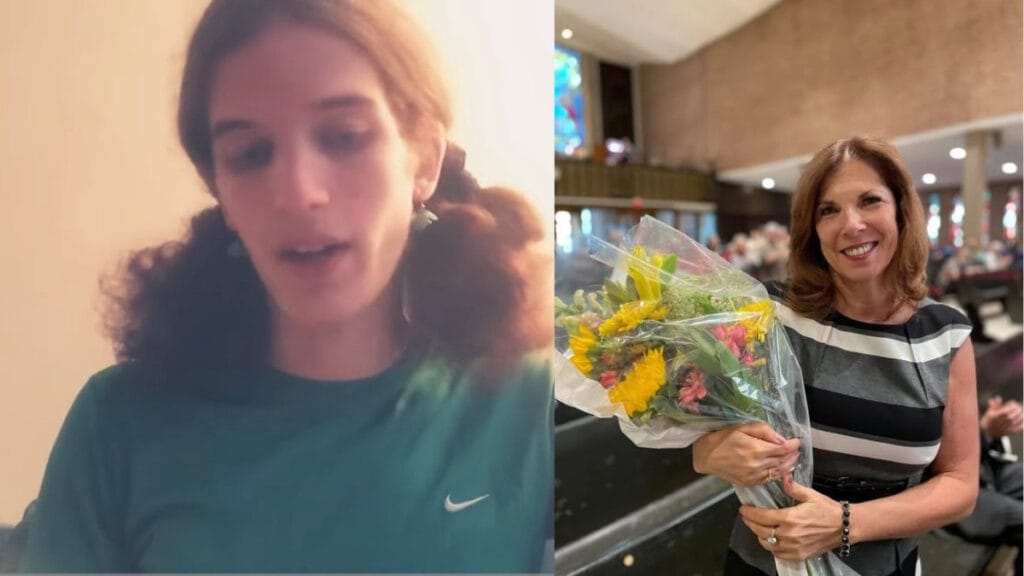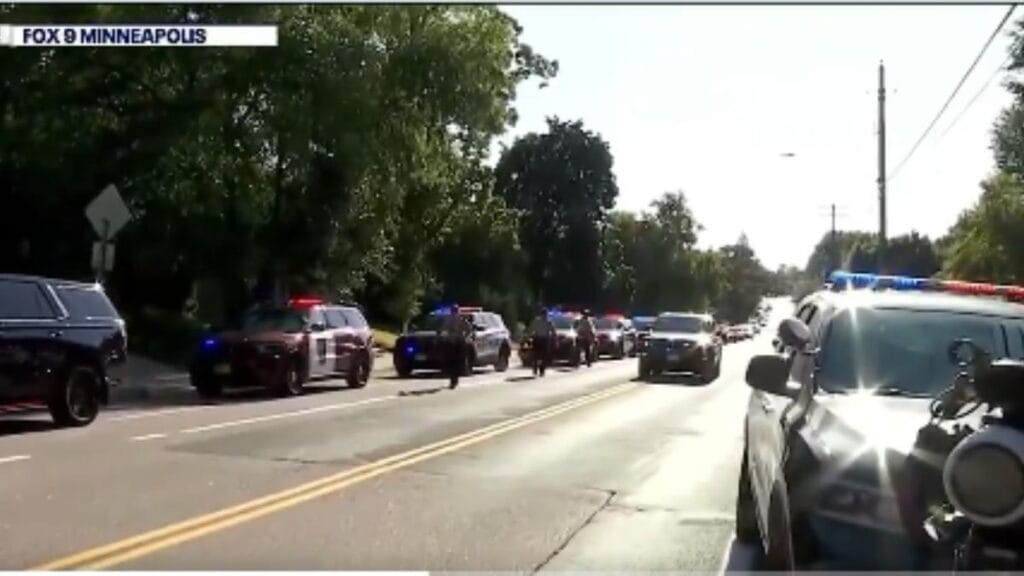The question why did Bryan Kohberger do it has haunted the small college town of Moscow, Idaho, and the nation since the brutal murders of four University of Idaho students in November 2022. Bryan Kohberger, a former criminology PhD student, stands at the center of one of the most perplexing and high-profile criminal cases in recent memory. As of July 2025, new developments, including a surprising Bryan Kohberger plea deal, have shifted the narrative, yet the Kohberger motive remains elusive. This comprehensive news blog post delves into the Bryan Kohberger case, explores who is Bryan Kohberger, and examines the latest updates on the Idaho college murders, offering readers a detailed look at this unfolding story.

The Idaho College Murders: A Shocking Crime
On November 13, 2022, the quiet town of Moscow, Idaho, was rocked by the discovery of four slain University of Idaho students: Kaylee Goncalves, Madison Mogen, Xana Kernodle, and Ethan Chapin. The victims, all in their early 20s, were found stabbed to death in an off-campus rental home near the university. The gruesome nature of the attack—inflicted with a fixed-blade knife—and the fact that two other roommates survived, sparked widespread fear and speculation. The Idaho college murders quickly drew national attention, with law enforcement launching an extensive investigation to identify the perpetrator.
For weeks, the case remained unsolved, leaving the community on edge. The lack of an immediate suspect and the absence of a clear motive fueled theories ranging from random violence to targeted attacks. It wasn’t until December 30, 2022, that authorities arrested Bryan Kohberger in Pennsylvania, where he was visiting family. The arrest marked a turning point, but the question why did Bryan Kohberger do it lingered, unanswered.
- Key Points:
- Four University of Idaho students were murdered on November 13, 2022.
- The crime scene included a knife attack with two survivors.
- Initial investigation faced delays due to lack of suspects.
- Bryan Kohberger was arrested on December 30, 2022, in Pennsylvania.
Bryan Kohberger admits to the 2022 murders of 4 University of Idaho students. pic.twitter.com/xiBBT9XMvz
— Robbie Harvey (@therobbieharvey) July 2, 2025
Who Is Bryan Kohberger?
To understand the Bryan Kohberger case, it’s essential to know who is Bryan Kohberger. Born in 1994, Kohberger was a 28-year-old graduate student pursuing a PhD in criminology at Washington State University, just 10 miles from the crime scene. Described by acquaintances as intelligent and socially awkward,Bryan Kohberger had a background that seemed at odds with the horrific crime he was accused of. He had previously studied psychology and criminal justice, even conducting research on criminal behavior—a detail that later fueled speculation about his mindset.
Kohberger’s arrest came after investigators linked him to the crime through DNA evidence found on a knife sheath at the scene, combined with cellphone data and surveillance footage showing him near the victims’ home multiple times before the murders. Despite his academic focus on crime, no clear connection to the victims emerged, deepening the mystery surrounding why did Bryan Kohberger do it. His initial not-guilty plea in May 2023 set the stage for a trial, but recent developments have altered the course of the case.
- Key Points:
- Bryan Kohberger was a 28-year-old criminology PhD student at the time of the murders.
- He was arrested based on DNA, cellphone, and surveillance evidence.
- Kohberger had no known personal connection to the victims.
- He initially pleaded not guilty in May 2023.
The Investigation and Evidence
The investigation into the Idaho college murders was a meticulous process that relied on cutting-edge forensic techniques. Authorities used genetic genealogy to match DNA from the crime scene to Kohberger, a method that had gained prominence in solving cold cases. Cellphone records placed him in the vicinity of the rental home on the night of the murders, and surveillance videos captured a figure matching his description. Additionally, online shopping records revealed that Kohberger had purchased a military-style knife and sheath months before the killings, further tying him to the crime.
Despite this compelling evidence, the Bryan Kohberger motive remained unclear. Prosecutors have not publicly disclosed a specific reason for the attacks, leaving experts and the public to speculate. Some theories suggest a possible obsession with criminal psychology, while others point to a random act of violence. The survival of two roommates, who reported seeing a masked figure, added another layer of intrigue, as it raised questions about whether the attack was premeditated or opportunistic.
- Key Points:
- Investigation used genetic genealogy and cellphone data to identify Kohberger.
- Surveillance footage showed him near the crime scene multiple times.
- Online purchases linked him to a knife and sheath used in the murders.
- No clear motive has been publicly disclosed by prosecutors.
The Bryan Kohberger Plea Deal: A Surprising Turn
As the case approached a trial scheduled for August 2025, a bombshell dropped on July 2, 2025. Bryan Kohberger entered a Bryan Kohberger plea deal, pleading guilty to four counts of first-degree murder and one count of burglary. In exchange, prosecutors agreed to spare him the death penalty, opting instead for four consecutive life sentences without the possibility of parole. The plea was announced during a hearing in Boise, where the case had been moved due to pretrial publicity.
Kohberger’s admission marked the first time he spoke in court, answering “yes” to Judge Steven Hippler’s questions about his guilt. The deal, however, has not been universally accepted. While some victim families expressed relief at avoiding a lengthy trial, others, including the Goncalves family, criticized it as a “secretive deal” that denied them justice. They had pushed for the death penalty and a full confession, including the location of the murder weapon, which remains missing.
The Bryan Kohberger plea deal has shifted focus from a trial to sentencing, scheduled for July 23, 2025. It also means that the Kohberger motive may never be fully revealed, as the agreement does not require him to explain why did Bryan Kohberger do it. This lack of closure has left many questions unanswered, fueling ongoing public interest.
- Key Points:
- Kohberger pleaded guilty on July 2, 2025, avoiding the death penalty.
- The plea deal includes four life sentences without parole.
- Sentencing is scheduled for July 23, 2025, in Boise.
- Victim families are divided over the plea deal’s outcome.
Why Did Bryan Kohberger Do It? Exploring the Motive
The central question—why did Bryan Kohberger do it—continues to perplex investigators, psychologists, and the public. Without a stated motive, several theories have emerged based on available evidence and Kohberger’s background. One hypothesis is that his criminology studies may have influenced a morbid curiosity or desire to test his knowledge in a real-world scenario. A Reddit post attributed to Kohberger, where he sought input from ex-convicts for a survey, has been cited as possible evidence of this interest, though its relevance is debated.
Another theory suggests a personal connection or fixation on the victims, despite no apparent link. The random nature of the attack, combined with the sparing of the two roommates, has led some to propose a psychological break or impulsive act. Kohberger’s defense had previously hinted at an autism diagnosis and an alternate perpetrator theory, but these efforts failed to sway prosecutors.
Experts caution against jumping to conclusions without concrete evidence. The absence of a motive in the Bryan Kohberger case is unusual but not unprecedented, especially in cases resolved through plea deals. The lack of a trial means that key details, including Kohberger’s own account, may remain locked away, leaving the why did Bryan Kohberger do it question open-ended.
- Key Points:
- Theories include a curiosity from criminology studies or a psychological break.
- A Reddit post may suggest an interest in criminal behavior.
- No personal connection to victims has been confirmed.
- The plea deal may prevent a full disclosure of motive.
The Impact on the Community and Victims’ Families
The Idaho college murders left an indelible mark on Moscow, a town unaccustomed to such violence. The university community rallied to support the victims’ families, while heightened security measures reflected the lingering fear. The plea deal has brought mixed reactions, with some viewing it as a step toward healing and others as a betrayal of justice.

Victim families have been vocal about their experiences. The Goncalves family, in particular, expressed frustration, arguing that the state failed them by not pursuing a trial. Conversely, other families have welcomed the resolution, citing the emotional toll of a potential trial. The division highlights the complex emotions surrounding the Bryan Kohberger case.
- Key Points:
- The murders heightened security and fear in Moscow.
- Victim families have mixed reactions to the plea deal.
- The Goncalves family sought a trial and death penalty.
- Community support has been strong for the victims’ families.
Latest News and Future Developments
As of July 3, 2025, the Idaho college murders case is nearing its conclusion with Kohberger’s sentencing hearing on the horizon. The plea deal has closed the door on a trial, but it has opened discussions about criminal justice, plea bargaining, and the rights of victims’ families. Media outlets continue to cover the story, with updates expected as sentencing approaches.
The missing murder weapon and unanswered questions about the Bryan Kohberger motive may prompt future investigations or appeals, though Kohberger has waived his right to appeal. The case also raises broader questions about mental health, criminology education, and the use of forensic technology in solving crimes.
- Key Points:
- Sentencing is set for July 23, 2025.
- The plea deal ends the trial but sparks justice debates.
- The murder weapon remains missing.
- The case may influence future discussions on mental health and forensics.
Conclusion: Seeking Answers in a Complex Case
The Idaho college murders remain a tragic and perplexing chapter in American crime history. Why did Bryan Kohberger do it is a question that may never be fully answered, as the Bryan Kohberger plea deal has prioritized closure over disclosure. Who is Bryan Kohberger—once a promising student—now faces a lifetime behind bars, while the Bryan Kohberger case leaves a legacy of grief, speculation, and unresolved mysteries.
For those affected, the focus now shifts to healing and remembrance. If you’re interested in staying updated, follow local news outlets or consider exploring resources on victim support and crime prevention. The story of the Idaho college murders serves as a reminder of the unpredictability of human behavior and the ongoing quest for justice.
For more insights and news stay tuned with usamainland.com



